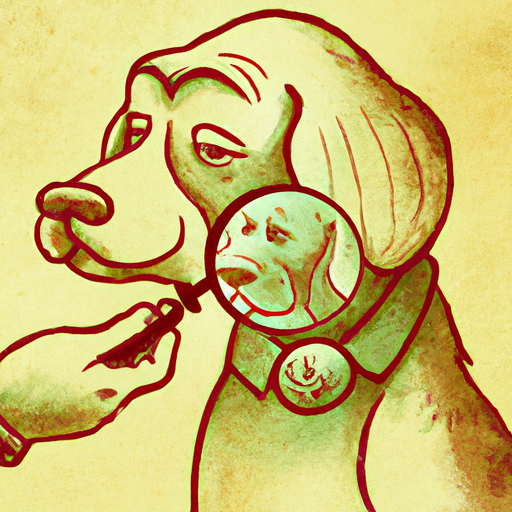Understanding Your Old Dog’s Body
You’ve probably noticed that as your dog ages, they begin to emit a certain distinct odor. It’s not entirely your imagination. As dogs get older, their bodies undergo various changes, some of which contribute to a unique smell. Just like in humans, a dog’s body chemistry changes as they age. These changes can lead to a variety of smells, not all of which are pleasant.
The Role of Skin and Fur in Your Dog’s Smell
Fur and skin are the two main culprits behind the odor. As dogs age, their skin becomes less efficient at fighting off bacteria and yeast, which can lead to infections with a strong smell. This is compounded by the fact that older dogs are more prone to skin conditions like seborrhea, which can cause a foul smell.
Additionally, their fur can become less able to fight off smells. The oils in your dog’s fur, designed to keep their coat healthy, can build up and cause distinct odors.
- Bacterial Infections: These can create a foul smell and are often a sign of underlying health issues.
- Yeast Infections: Tend to give off a sweet, musty odor.
- Seborrhea: This skin condition can cause a strong, oily smell.
Dental Issues Contribute to Bad Smells
Oral health is another area where older dogs can struggle. Just like humans, dogs can suffer from a range of dental problems such as gum disease and tooth decay. These issues can lead to bad breath, giving your dog an unpleasant smell.
Here are some signs to look out for:
- Bad breath
- Difficulty eating
- Drooling
- Discolored teeth
The Importance of Regular Grooming
Regular grooming is essential for combatting the smells associated with an older dog. This involves regular baths, brushing their coat, and dental care. You may also want to consider a visit to a professional groomer who can do a deep clean and identify any potential skin issues.
| Grooming Area | Frequency |
|---|---|
| Bathing | Once a month |
| Brushing | Once a week |
| Dental Care | Daily |
Aging and Internal Health Issues
Lastly, internal health issues common in older dogs, such as kidney or liver disease, can also contribute to the smell. It’s important to have regular veterinary check-ups to identify and treat these issues early.
FAQ
Q: Can diet affect my old dog’s smell?
A: Yes, a balanced diet can help improve your dog’s overall smell by promoting healthy skin, fur, and teeth.
Q: How often should I bathe my old dog?
A: Generally, once a month is sufficient. However, this can vary based on your dog’s breed and health.
Q: Are certain breeds more prone to smelling bad as they age?
A: Some breeds are more prone to skin conditions and dental issues, which can contribute to bad smells.
Q: Can I use human products to groom my dog?
A: It’s usually best to use products specifically designed for dogs, as human products can be harsh on their skin and fur.



